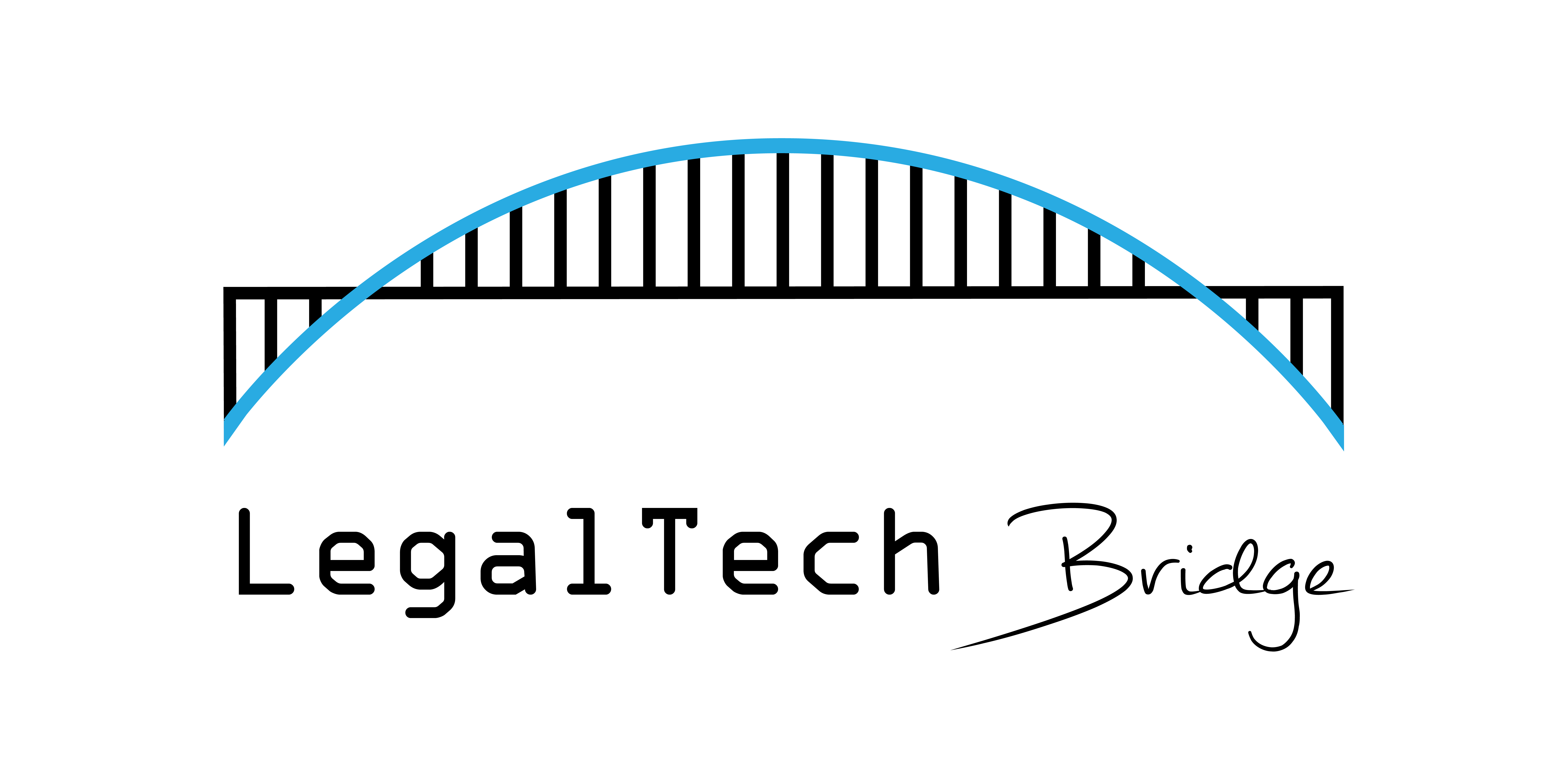Publications
Download publications and links to other resources
Publications and Additional Resources
Here you will find downloads of various LegalTech publications and access to additional resources:
-
Maastricht University interview on how ChatGPT actually works
𝐈 𝐰𝐫𝐨𝐭𝐞 𝐚𝐥𝐥 𝐨𝐟 𝐭𝐡𝐢𝐬 𝐦𝐲𝐬𝐞𝐥𝐟!! Special Chair of Text-Mining (UM's FSE faculty) Johannes (Jan) C. Scholtes on how ChatGPT actually works, why it’s an amazing achievement and where we should probably exercise a bit of caution. Read his views on ChatGPT here: https://www.maastrichtuniversity.nl/news/i-wrote-all-myself
-
ChatGPT and the future of the Legal Industry
After this month’s introduction of the new large-language models by OpenAI, we are all so impressed by GPT-3’s and ChatGPT’s performances, that one may believe that they will radically change the legal profession, if not replace a significant part of legal professionals. Is that really the case? https://www.legaltechbridge.com/en/gpt-3-and-chatgpt-disrupting-legaltech
-
What is ChatGPT all about? What and what can it not do?
This article explains the inner-workings of ChatGPT, why it is a AI breakthrough, but also what is is not capable of: GPT-3 and ChatGPT: the Next Step in Natural Language Processing? https://www.linkedin.com/pulse/chatgpt-next-step-natural-language-processing-nlp-scholtes/
-
A Proposed Framework for Legal Defensibility
This publication proposes a framework of control points that can be used to implement a structured approach to assessing the legal defensibility of the use of software in legal contexts: A Proposed Framework for Legal Defensibility
-
Legal Big Data, Chapter 13: Big Data analytics for e-discovery
Published with Stanford University Codex: Big Data Law Book
-
Big data analytics for legal fact-finding
Published for Leiden University Morderate College, May 2019. Download here: Big Data Analytics for Legal Fact-Finding
-
The LegalTech Bridge (Dutch)
An 2022 view on requirements for Legaltech education: The LegalTech Bridge (Dutch)
-
The LegalTech Bridge (English)
An 2022 view on requirements for Legaltech education: LegalTech Bridge (English)
-
Even More LegalTech Publications
Download this list of additional LegalTech, Artificial Intelligence and Text-Mining publications: More LegalTech Publications
-
Berkeley ExecEd Data Strategy Course
Successful organizations don’t simply manage data as a cost driver; they harness data as a value driver. If your team has less expertise in leveraging data than it does in accruing it, you’re not alone.
This Data Strategy program, in which Jan Scholtes participates, presents practical, strategic advice and case studies so you can develop and implement a data strategy to deliver on your business objectives by leveraging data management, data governance, data technology, data analytics, and a data-driven culture.
This is a paid venue. More information: Berkeley
-
Leiden Legal Technologies Program
In 2020, Jan Scholtes created this (Dutch speaking) extended LegalTech course at Leiden University in collaboration with Prof. Jaap van den Herik. This is a paid venue. More information: LLTP
-
ACEDS
The Association of Certified E-Discovery Specialists (ACEDS) provides membership, training and certification to e-discovery professionals around the world: ACEDS
-
EDRM
Empowering the global leaders of e-discovery, the Electronic Discovery Reference Model (EDRM) creates practical global resources to improve e-discovery: EDRM
-
Sedona Conference
The Sedona Conference (TSC) is a nonpartisan, nonprofit 501(c)(3) research and educational institute dedicated to the advanced study of law and policy in eDiscovery under the Federal Rules of Civil Procedure: Sedona
-
CLOC
The Corporate Legal Operations Consortium (CLOC) is a global community of experts focused on redefining the business of law. By helping legal operations professionals collaborate with each other and with other industry players, including law firms, technology providers, and law schools, CLOC works to help set industry standards and practices for the profession: CLOC
-
ELTA
ELTA's main objective is to strengthen legal technology (Legal Tech) at a European level. Our goal is to represent the interests of our members. The Association is actively involved in social and political debate in order to speak up for the concerns and interests of our members and to strengthen the position of legal technology in the European legal market. In so doing, we address topics that are relevant for the use and continuous development of legal technology, develop specific proposals, and advocates these vis-á-vis the political sphere, business, media and society: ELTA
-
ILTA
ILTA is a volunteer-led, staff-managed association with a focus on premiership. We aim to educate you and connect you with your peers to support your work in the legal sector. While we have a strong focus on technology, our offerings support professionals of every stripe in law firms and corporate/government legal operations: ILTA
-
Stanford University Codex
At CodeX, researchers, lawyers, entrepreneurs and technologists work side-by-side to advance the frontier of legal technology, bringing new levels of legal efficiency, transparency, and access to legal systems around the world. CodeX’s emphasis is on the research and development of computational law (complaw) — the branch of legal informatics concerned with the mechanization of legal reasoning: Codex
-
Stanford Legal Design Lab
An interdisciplinary team at Stanford Law School & d.school, working at the intersection of human-centered design, technology & law to build a new generation of legal products & services.
Our Lab team researches and develops new initiatives that can make the civil justice system more equitable and accessible.
-
Bucerius Law School
The founders of Bucerius Law School wanted to create a law school that was to lead by example: close to legal practice, internationally oriented and excellent in research and teaching. The aim was to create a new type of law school that would realize the ideal of unifying research and teaching, and where committed teaching would be valued just as much as academic research. A structured academic curriculum that would create space for supplementary study content without prolonging the regular duration of studies.
-
ZyLAB an iPRO Company
Access and learn from the ZyLAB (an iPRO company) best practices for various legal use cases such as the GDPR, Data Subject Access Requests and Forget-me requests, handling Cyber Data breaches, Public Records Requests (Wob), competition requests or fraud investigations: https://docs.zylab.com/ and www.zylab.com
